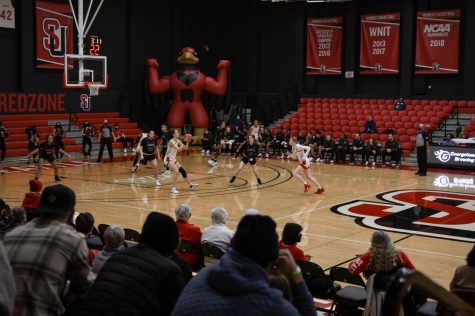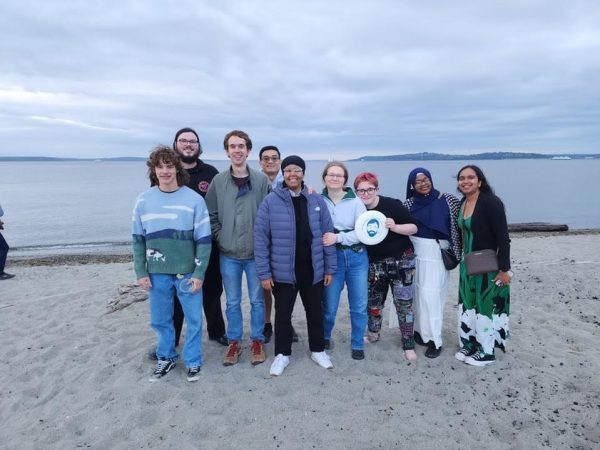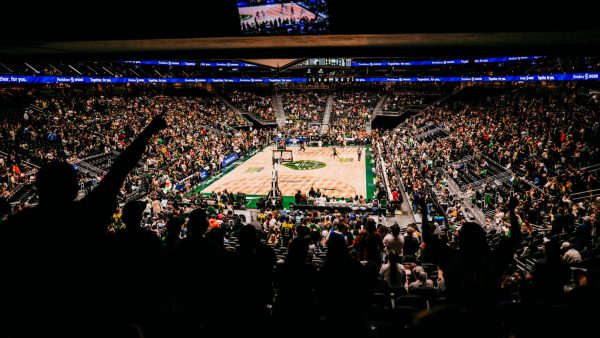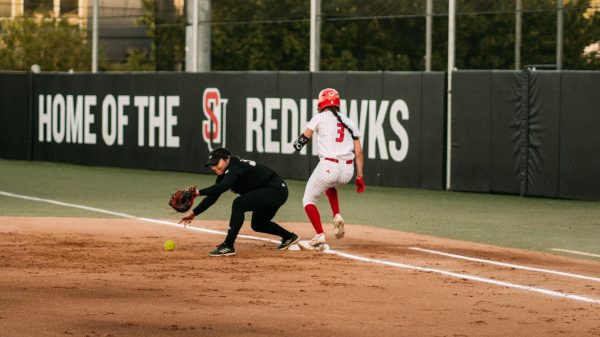Double Standards in Philadelphia Super Bowl Celebrations
The Philadelphia Eagles defeated the New England Patriots 41-33 in Super Bowl LII. The game itself was thrilling, with the underdog Eagles taking down regular season MVP Tom Brady and claiming their first Super Bowl in franchise history. Super Bowl LII will almost certainly go down as one of the all-time great Super Bowls. However, the events that transpired in Philadelphia following the victory garnered nearly as much attention as the game itself.
Eagles fans took to the streets following the victory and proceeded to destroy and cause mayhem throughout their city and occasionally, to themselves. Videos of the chaos quickly reached social media. Fireworks exploded throughout the busy streets and businesses were looted, while others had their windows shattered.
The city greased light poles in order to deter and prevent fans from scaling them. is same technique had been applied two weeks prior when the Eagles defeated the Minnesota Vikings in the NFC Championship game, but just like before, the grease did not stop Eagles fans from scaling and in some cases toppling these poles. In one clip, a large group of fans piled onto the awning outside a hotel entrance, their weight eventually proving too much and causing the structure to collapse.
There were erroneous claims that both police horses and ostriches from the Philadelphia Zoo had been stolen. While neither of those claims came to be true there was, however, a video of an Eagles fan eating the excrement of one of the police horses.
These are but a few examples of what was a disastrous night in the City of Brotherly Love. These events, however, were not entirely unexpected. Philadelphia sports fans are infamous for their reckless nature, Eagles fans especially. In 1968 Eagles fans notoriously heckled and hurled snowballs at a man dressed as Santa Claus, and hold a reputation for this type of destruction after big games. Most exhibited was in 2008 when the Philadelphia Phillies won the World Series and similar destruction occurred.
Despite the comedic angle that these events seemed to be presented with, the so-called “antics” of Philadelphia sports fans—and more widely sports fans in general—were seen by some as revealing of the way both police and media treat sport “celebrations” versus protests aimed at social change.
One example being the 2014 Ferguson protests, which were in response to the shooting and killing of unarmed 18-year-old Michael Brown by officer Darren Wilson.
The protests that followed were met with media scrutiny for being “violent,” and in response to the protests police deployed military grade vehicles, positioned snipers to point at oncoming protesters, deployed dogs and used tear gas against protesters.
Over 400 people were arrested, hundreds over roughly the two weeks within which the main Ferguson protests took place. There have only been four arrests made since the Super Bowl riots took place.
There was a police presence at the Super Bowl riots but far smaller, far less heavily armed and the police did not use the same force as the police in Ferguson did.
The difference between these events are two-fold. First, the racial makeup of the crowd itself, with those attending the Super Bowl riots being predominantly white and those at Ferguson being predominantly black. Second, the reasons for gathering differed. The Super Bowl riots represented sports fans celebrating their victory, and events like Ferguson were about the systemic racism and police brutality that people of color encounter, though this is not always how media depicted these protests.
Seattle University’s Black Student Union (BSU) were among those who contributed to the discussion. The entire club talked about the double standard there is between these two events as part of their Feb. 12 meeting.
“America doesn’t like to see difference. There is always a certain amount of negativity involved with being the ‘other’ in America. When black people stand up, people get uncomfortable,” BSU member Antonio Ford said.
BSU President, Mashayla Combs added to this, stating, “When there is a message behind a protest it often goes unheard when it is presented by black individuals.”
BSU member Erica Calloway said that much of the media reaction to the Super Bowl riots made her recall the saying “boys will be boys,” as media has treated this as an inevitable fact of winning a Super Bowl. “Events like these play into toxic masculinity,” Calloway said.
BSU member Nahdia Bell stated she was “disappointed, but not surprised” to which the rest of the of room agreed.
Bell also pointed out that there were people of color in the crowd at the Super Bowl riots: “Even if a majority of people are white, if there are people of color in it they are going to be the ones likely to be arrested or targeted for arrest by police on the scene.”
The editor may be reached at
[email protected]






![Josh Gibson Supplants Ty Cobb, Babe Ruth, as Baseball’s Best Hitter [OPINION]](https://seattlespectator.com/wp-content/uploads/2024/05/gettyimages-72075891-600x338.jpg)



